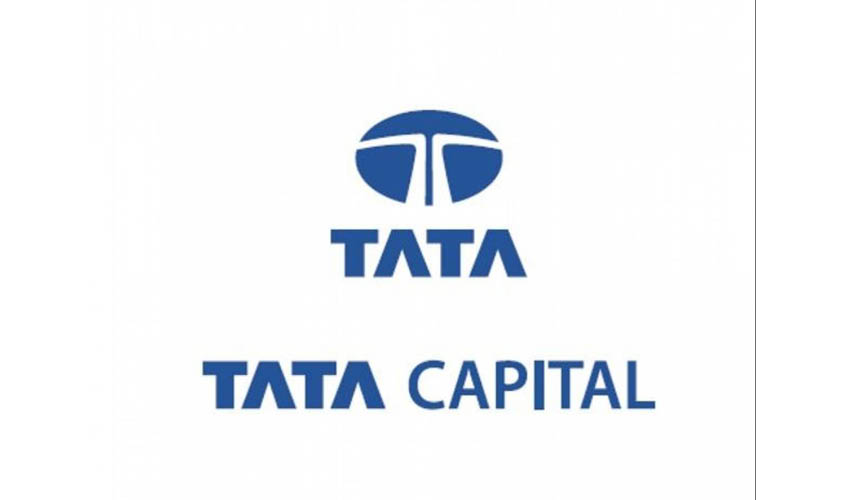The sentiment overall has remained pretty negative throughout the month of July on the back of lower growth and subdued consumer sentiment, credit crunch due to tight liquidity conditions and rising stress levels in the non banking finance companies (NBFCs). The Indian equities corrected post the FY20 Union Budget announcement on 5 July 2019, given the uncertainty emanating from a couple of proposals pertaining to increase in taxes for foreign portfolio investors accessing the equity markets through the “trust” route, plus supply side pressures for equity markets via increase in free float requirement from 25% to 35%. It all started with the FM unnerving foreign investors by imposing a higher tax on those earning more than Rs 20 million and they in turn became so bearish on Indian equities that they pulled out nearly $1.8 billion worth of equities in July alone. Even the high frequency economic data and early corporate financial results for the first quarter of the current financial year reporting season have been sedate. Despite the doom and gloom, the valuations for small and mid-caps have become quite reasonable compared to last year. From the peak of January 2018, the NSE Midcap 100 Index has corrected by around 25%, whereas the small cap index has corrected by nearly 40%, while the Index heavyweight, the NSE Nifty on the other hand is up 6.5% for the same period. The NSE Small Cap 100 Index trades at 13.6 times on positive price to equity basis and 11.3 times on FY2020 estimate earnings, while the NIFTY trades at 20.9 times positive price to equity and 17 times FY2020 earnings. Interestingly, the gap between NIFTY and Small Cap performance returns from January 2018 is around 46%, which can give an attractive entry point for long term investors, notwithstanding the short term headwinds prevailing at present. Investors interested in putting money in Mid and Small Cap funds can test the waters by investing in SIP or through the STP route, thereby averaging their investment over the next one year or so. But with the stock market going nowhere, investors have become risk averse and confused. They are searching for safe investment avenues, with fixed deposits and government savings schemes being the preferred mode of parking money. Many AAA and AA rated NBFCs have approached the market for raising money through placement of non convertible debentures such as Shriram Transport, JM Financial, IndiaBulls Housing, etc., from the Indian public. We feel that AAA Crisil rated Tata Capital secured non convertible debentures issue opening for subscription on 13 August is a pretty good investment choice, with coupon rates of 8.35% to 8.85% for different duration and for various types of investors. With declining interest rates, this seems a good investment bet at present, but investors must check with their financial advisors for specific details on the issue before taking the informed decision.
Rajiv Kapoor is a share broker, certified mutual fund expert and MDRT insurance agent.

